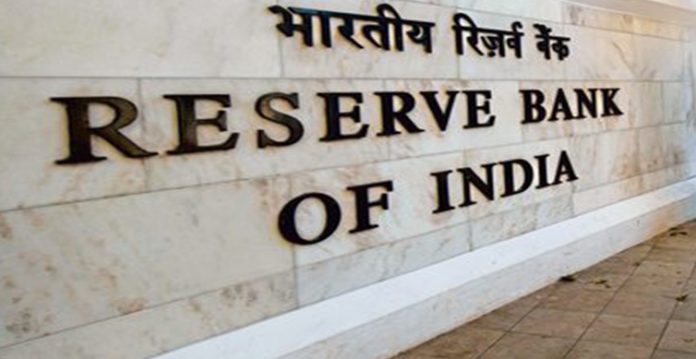While India’s healthcare system continues to be overwhelmed with the increase in the Covid 19 cases, the Reserve Bank of India (RBI) announced a liquidity window of Rs 50,000 crore.
RBI Opens Loan Facilities For Healthcare Stakeholders
As per the latest reports, the RBI has opened up a liquidity window of Rs 50,000 crore where the vaccine makers, hospitals, oxygen suppliers along with other healthcare stakeholders could take loans at the repo rate until March 31, 2022.
During a virtual address, RBI Governor Shaktikanta Das said that the loans would be up to three years. Furthermore, the banks are being incentivised for quick delivery of credit under the scheme. They will continue to be classified under the priority sector until repayment or maturity which comes first.
ALSO READ:-RBI eases KYC compliance; extends video KYC to new customers
Under this scheme, the banks can provide fresh support to multiple entities including the vaccine manufacturers, importers and suppliers of vaccines and priority medical devices, hospitals and dispensaries, manufacturers and suppliers of oxygen and ventilators, importers of vaccines and Covid related drugs, logistic firms and pathology labs. Also for the patients for treatment.
Banks may deliver these loans either directly to the borrowers or via intermediaries regulated by the RBI.
Banks To Create Covid Loan Book
Further talking about the scheme Das said that the banks are expected to create and maintain a Covid loan book under the scheme. As an additional incentive, such banks will be able to park their surplus liquidity up to the size of the Covid loan book under the RBI repo window rate.
Governor Das further noted that the fight against the second wave of Covid 19 may require alleviating any constraint from the financial side for the stakeholders. However, this may require a comprehensively targeted policy response.
“Small businesses and financial entities at the grassroots level are bearing the biggest brunt of the second wave of infections,” he said.







